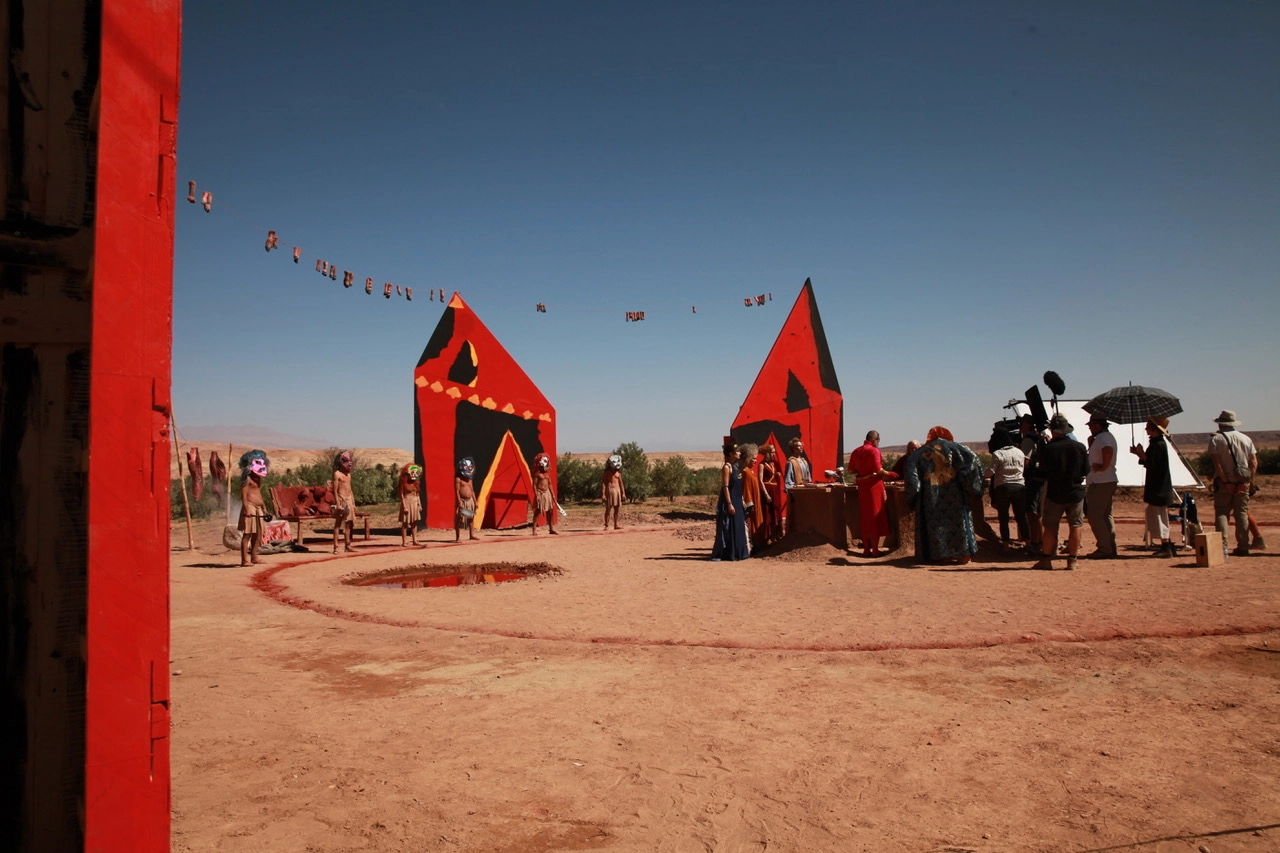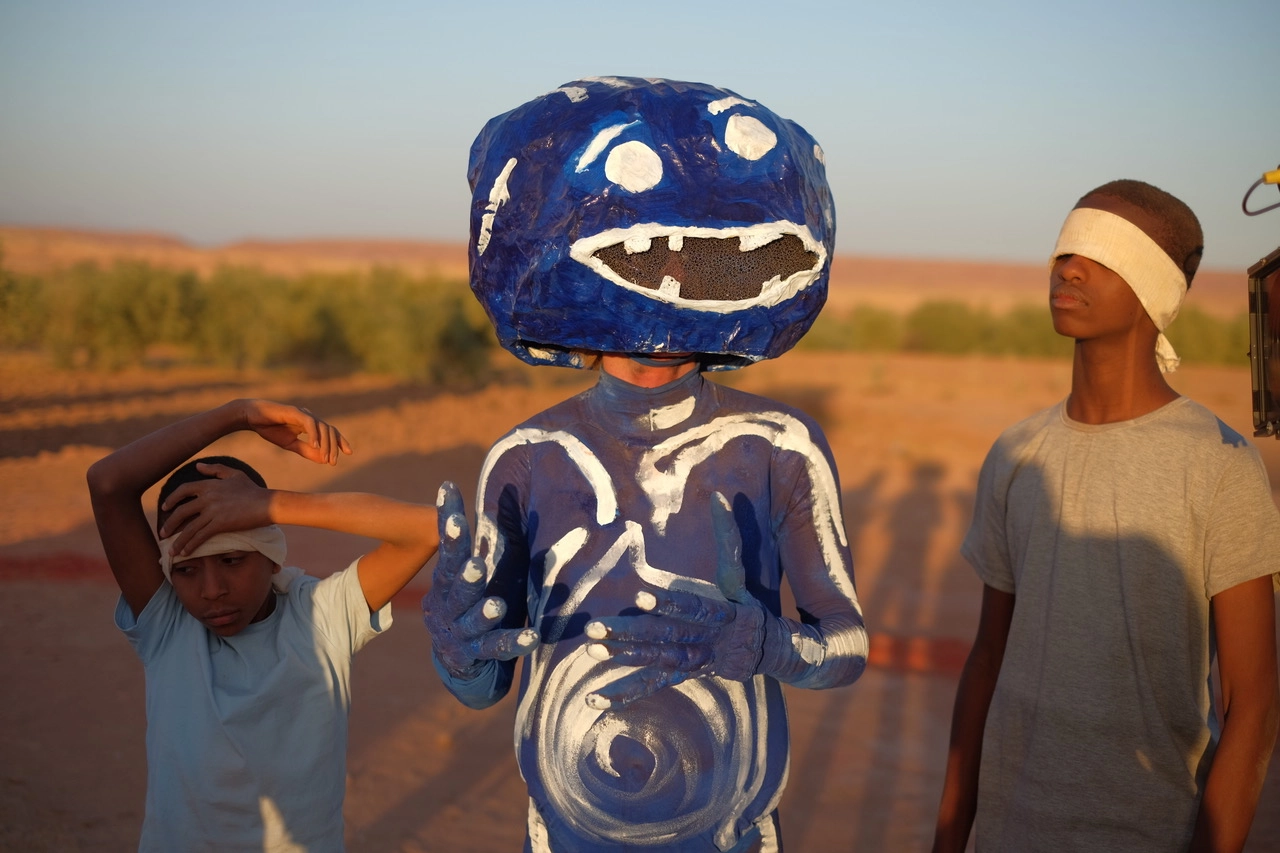Seneca










Team
Directed by
Robert Schwentke
Written by
Robert Schwentke, Matthew Wilder
Director of Photography
Benoit Debie
Gaffer
Ernesto Giolitti
Production Designer
Sasa Zivkovic, Roman Mares, Marco Trentini
„Thyestes“ conceived by
Ersan Mondtag
Costumes
Anna Wübber
Make-Up Artists
Friederike Schaefer, Julia Böhm
Editor
Mike Czarnecki
Music Composer
Martin Todsharow
Casting
Anja Dihrberg, Kate Ringsell, Salah Benchegr
Produced by
Filmgalerie 451 - Frieder Schlaich, Irene von Alberti
Co-Producer
Gretchenfilm - Annegret Weitkämper-Krug, Kasbah Films - Karim Debbagh, ZDF/ARTE - Simon Ofenloch
Executive-Producers
dropkick pictures - Guido Broscheit Harro von Have
Associate Producers
Jakob Kleefass, Katrin Neubauer, Ralph Oliver Graef
German Distributor
WELTKINO
Worldsales
Picture Tree
Funded by
BKM – Die Beauftrage für Kultur und Medien, Medienboard Berlin Brandenburg MBB, Medien und Filmgesellschaft Baden-Württemberg MFG, Filmstiftung Nordrheinwestfalen NRW, Deutscher Filmförderfonds DFFF, Moroccan Cash Rebate CCM, Creative Europe MEDIA Programme of the European Union
With
John Malkovich (Seneca), Tom Xander (Nero), Geraldine Chaplin, Louis Hofmann, Lilith Stangenberg, Samuel Finzi, Mary-Louise Parker, Andrew Koji, Julian Sands, Alexander Fehling, Wolfram Koch, Annika Meier, Samia Chancrin, Laurean Wagner, Brice Bexter, Waldemar Kobus, Nadia Benzakour, Blerim Destani
In the tradition of films such as FITZCARRALDO by Werner Herzog, in which Werner Schroeter took over the opera production in the opera house in Manaus, Irene von Alberti, Frieder Schlaich and Robert Schwentke invited the theater and opera director Ersan Mondtag to help create the production of the play “Thyestes” in SENECA.
Rome in the year 65 AD. The young Nero flourishes in a mixture of megalomania, paranoia and physical violence, and the famous philosopher Seneca has been Nero's teacher, mentor and close advisor since childhood, playing a key role in his rise. Nevertheless, Nero grows weary of Seneca and uses a foiled attempt on his life to falsely accuse Seneca of being an accomplice.A messenger delivers Emperor Nero's surprising death sentence to Seneca during a decadent celebration at his country estate. He is to kill himself by morning. He has the choice of voluntarily handing himself over to Nero's centurions, who are known to be very brutal - or to make his death more pleasant and die in the presence of his friends. Seneca accepts his fate and, like Socrates, wants to bid farewell to life with a final lesson in his philosophy of life to his followers. Afterwards, he plans to have his wrists slit and thus cement his place in the annals of history. This is exactly what happens, but Seneca dies agonizingly slowly. He makes one high-pitched speech after another and tries to kill himself again and again. But he is old and the blood does not want to flow from his veins: his body resists, he simply does not want to die.This last night becomes his acid test: who is he really? An opportunist, hypocrite and collaborator or, in keeping with his self-image, a morally upright and wise man?